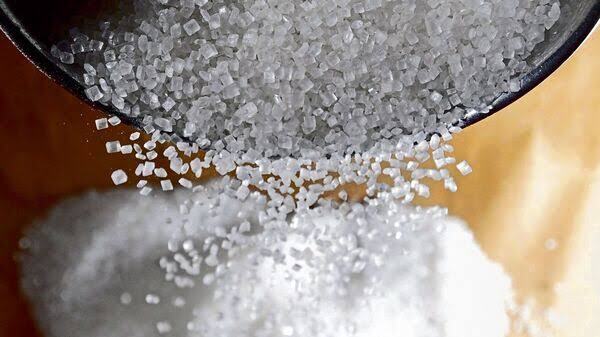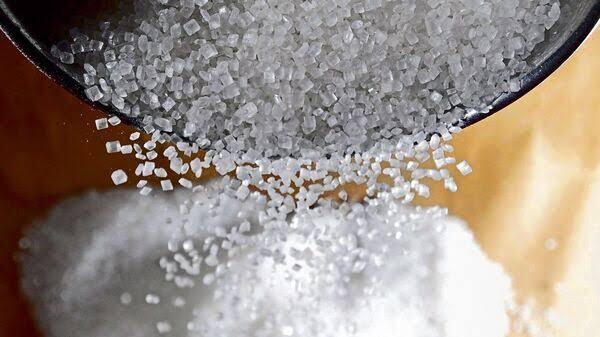
The Tanzanian government has assured citizens that the country will not experience a sugar shortage this year, even as multiple sugar factories temporarily shut down for routine maintenance. This follows lessons learned from previous years when such closures triggered severe price hikes and market instability.
In 2023, sugar prices skyrocketed to Sh10,000 per kilogram in some regions due to nationwide shortages, exacerbated by factory closures and adverse weather. However, this year, prices remain steady at approximately Sh3,000 per kilogram in most areas, signalling improved supply-chain management.
One major policy shift contributing to this stability is the government’s decision to place sugar importation and stockpiling under the National Food Reserve Agency (NFRA). Previously, sugar manufacturers and traders handled imports during off-seasons, often leading to uncoordinated supply and price fluctuations. The Finance Bill of 2024 officially empowered NFRA with the mandate to manage strategic sugar reserves.
Speaking to The Citizen, Agriculture Minister Hussein Bashe stated that the new framework, part of the ministry’s Sh1.249 trillion 2024/25 budget, aims to ensure year-round availability of sugar and protect consumers from price volatility during factory downtime.
Prof Kenneth Bengesi, Director General of the Sugar Board of Tanzania, disclosed that the country currently has 650,000 tonnes of sugar in stock, including a 150,000-tonne strategic reserve stored by NFRA. This reserve can meet national demand for two months and is only released when necessary based on real-time market assessments.
While most sugar factories are currently undergoing maintenance and are set to resume operations by June, Kagera Sugar remains operational at a reduced capacity. Weather conditions this year have been favorable, unlike the previous season when El Niño rains severely affected sugarcane production.
Despite this progress, industry concerns persist. Kilombero Sugar Company’s board chair, Ami Mpungwe, warned of a market oversupply due to excessive imports. He noted that duty-free and tax-free imported sugar is undercutting local producers, impairing their ability to repay loans and maintain operations.
As of March 31, 2025, sugar stock levels were reported as follows:
- TPC: 55,838 tonnes
- Kagera Sugar: 40,544 tonnes
- Kilombero: 45,996 tonnes
- Bagamoyo: 5,221 tonnes
Mpungwe emphasized that with current inventory, there is no need for further imports until the next production cycle begins.
Meanwhile, Bakhresa Group’s corporate affairs director, Hussein Sufiani, confirmed that rainfall has had minimal impact on their production, further boosting market confidence.
As the government and industry stakeholders balance supply with local production protection, all eyes remain on how effectively the NFRA will manage the sugar reserves to sustain both affordability and industry health.
Follow & Subscribe:
👉 Agri-Food Update on LinkedIn for the latest updates and insights.
🌐 Visit us at www.agri-food-update.com for more information!



